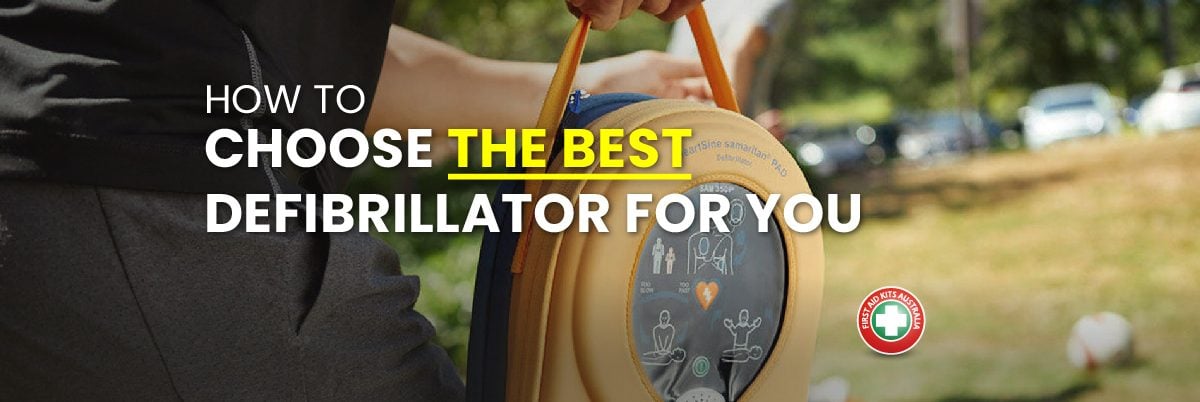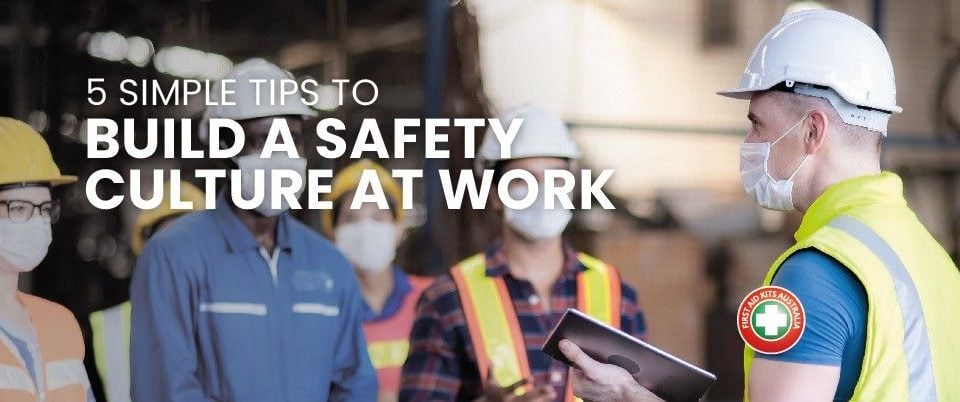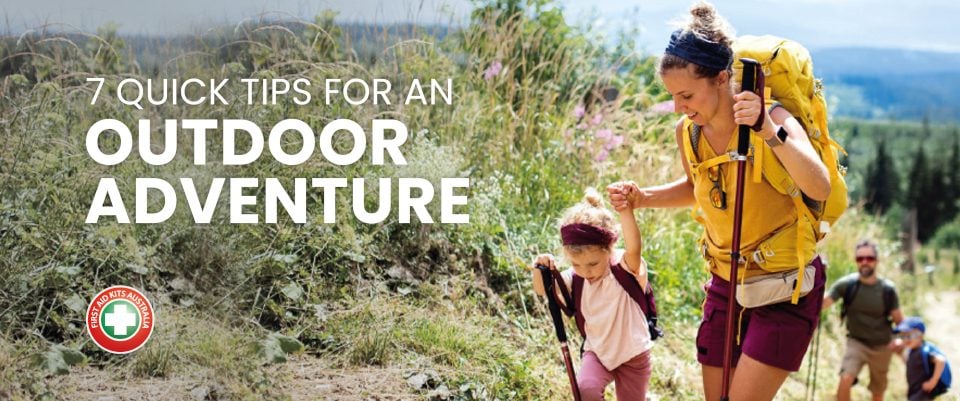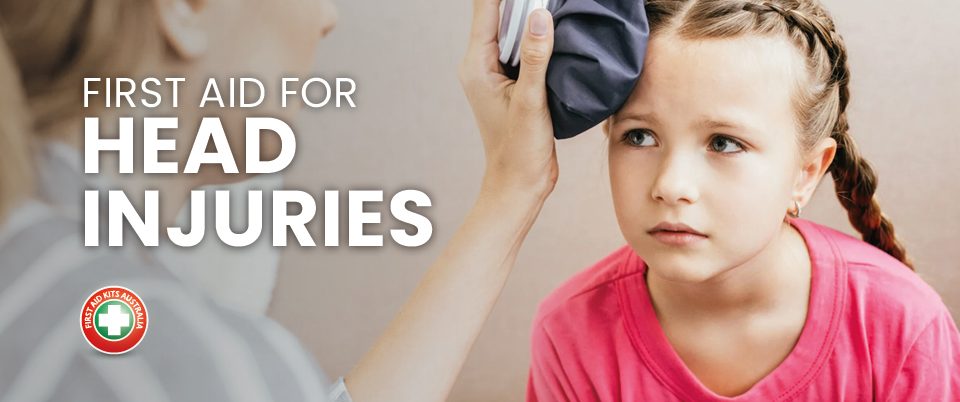
5 Tips to Prepare for Storm Season
20 October 2022
First Aid Tips: How to Prepare for Flood Season
9 November 2022How to Choose the Best Defibrillator for You
So, now that we established the importance of defibrillators, we want to help you to choose the one that is right for your needs.
So, let’s start by assessing the different scenarios where an AED (Automatic External Defibrillator) would be used and who needs an AED.
Defibrillators are used for adults, teens and children, across the lifespan. They are used when the heart of a person suddenly stops beating due to Sudden Cardiac Arrest (SCA).
Sudden Cardiac Arrest is the abrupt loss of heart function that occurs as a result of an electrical heart failure that causes the heart to stop pumping blood to the brain, lungs, and other organs resulting in the person losing consciousness, fainting and collapsing. They do not have a pulse and are not breathing.
What to do if someone is having a Cardiac Arrest?
If you find someone unconscious or witness a person fainting, follow these steps:
- Check if the person is responsive
- Check breathing
- If the person is unresponsive and not breathing, start CPR Immediately
- Send someone to call 000
- If you have a defibrillator available, use it by following the prompts. Defibrillators are designed to be easy to use, so you only need to listen to the instructions and follow the steps.

Who is more likely to need a Defibrillator?
Sudden Cardiac Arrest affects around 30,000 Australian every year! And every minute that passes, the chance of survival without an AED is reduced by 10%.
Therefore, the people that will benefit from having a Defibrillator available in their home or workplace are:
- People older than 30 years of age
- People with heart conditions
- Male population
- People with other medical conditions, such as diabetes
- People practising sport such us rugby, soccer etc. Injuries, such as chest injuries due to a hard blow of a chest in a soccer of football match. Children (mainly boys) are at highest risk for this type of injury.
Where to find Defibrillators?
You can also purchase a Defibrillator home-use. Did you know that over 80% of sudden cardiac arrests happen in the home. By buying a defibrillator for your home or workplace you are ensuring your family or staff have immediate access to the technology needed to help save a life.
To identify a Defibrillator in those places, look for a case about the size of a large first-aid kit. Usually, in the front of the Defibrillator case you will find a heart logo in red or green with the A–E–D spelled out.
What to consider when buying a Defibrillator?
So here are some points to consider when buying an Automated External Defibrillator:
- Quality of the AED: if you want to buy an AED for your organization, make sure you buy it from an Australian supplier and that it is approved by the Therapeutic Goods Administration (TGA).
- End-Use: consider who, in the event of a sudden cardiac arrest, will use your Automated External Defibrillator. Choose semiautomatic or automatic defibrillators as they are easier to use than manual ones for the general public. Another important consideration is the size and weight of the defibrillator.
- AED Supplies: the two main consumables for an Automated External Defibrillator are the batteries and pads.
Most AED batteries last for anywhere from two to five years in standby mode. For the most accurate information regarding your AED model, refer to your user manual.
Expiration dates can also be found on the back of your AED battery.
AED Pads are placed on the victim’s bare chest to monitor heart rhythm and provide a shock if needed. We recommend keeping a second pair of pads on hand in case multiple emergencies occur.
Also, consider what items are included in the AED packages you are comparing. Does it include an AED case, or AED mounting station or AED Sign? - Location of the Defibrillator: where will you store it? Will it be placed on a wall in an office, or will you take it in your boat? Keep in mind the environment where you intend to store your AED as it will determine which type of AED case and or AED cabinet you need to purchase. Protecting it will increase their life expectancy.
Also, use the AED signage provided to make it visible to anyone and make sure family, friends, staff and visitors know where it is. - Price: in Australia, the price of an AED can start from $1,999.
Our range of portable heart defibrillators are from leading brands like HeartSine with a price to suit every budget, starting around $1,400.00 - AED Training: as important as is to have an AED in your workplace, it is to train your staff in its use. So when purchasing an AED make sure you can have access to training for your particular unit.
Why buying from us?
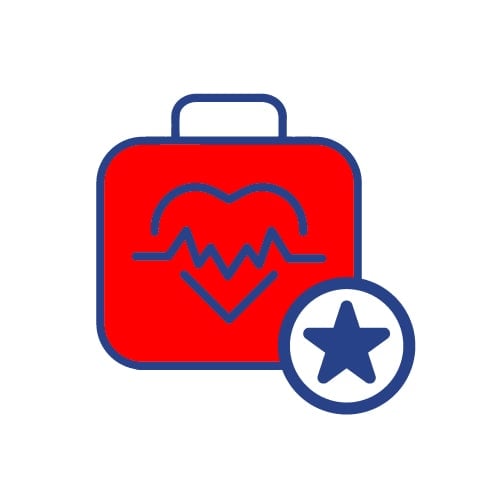
For over 20 years, we have been Australia’s leading supplier of Defibrillators
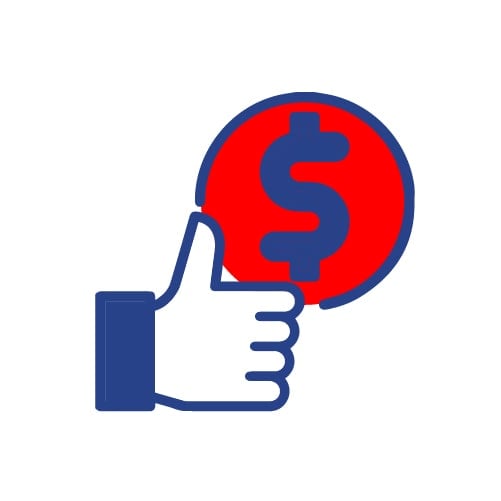
Our range of Defibrillators are the best-priced defibrillators in Australia and they have a low cost of ownership.
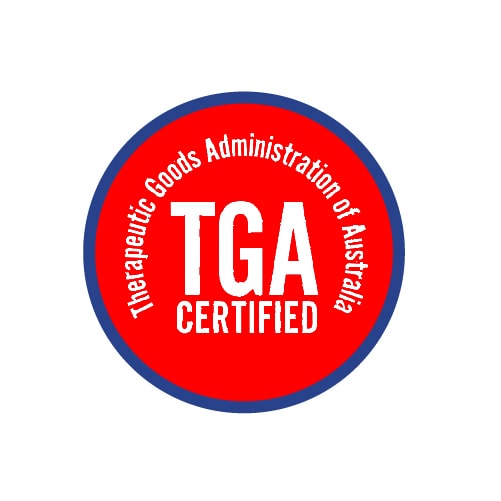
All of our AEDs are TGA Approved
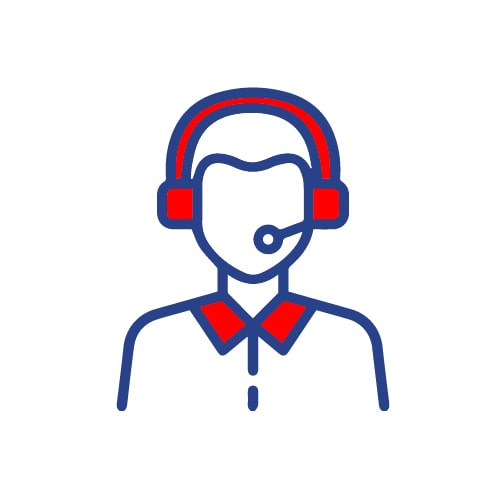
We have a team dedicated to providing advice, servicing, and support.
You can contact us at 1300 789 541


